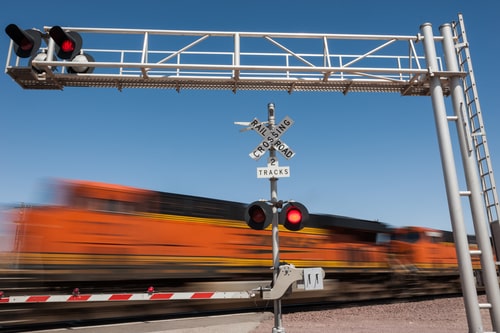
Does Smoking Impact a Railroad Cancer Claim?
One of the most common questions clients ask our FELA lawyers is if a railroad worker contracts lung cancer and is a cigarette smoker, does that kill the potential railroad claim? More and more railroad workers around the nation are coming up with lung and other cancers. And they’re wondering whether it’s caused by asbestos,…


